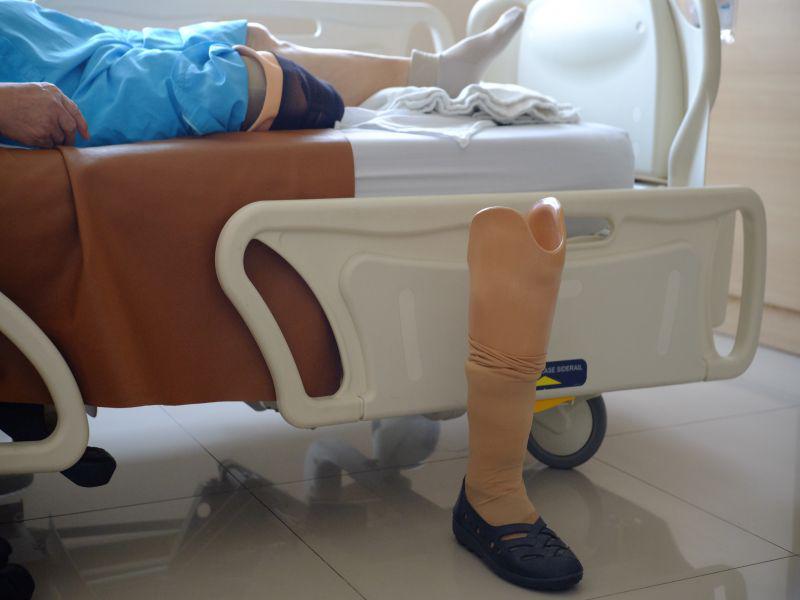
THURSDAY, April 4, 2024 (HealthDayNews) — Following disappointing trial results, the maker of a controversial ALS drug said it is pulling the medication off the market. In a statement issued Thursday, Amylyx Pharmaceuticals said that Relyvrio failed to help patients in a large follow-up study, and the drug “will no longer be available for new… read on > read on >


















